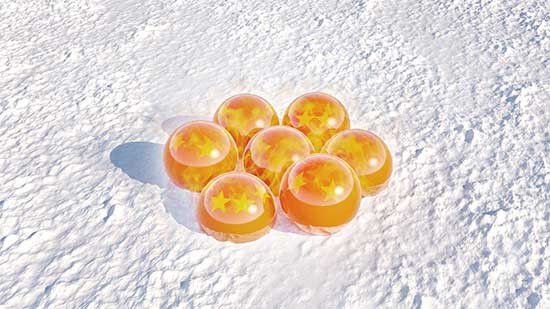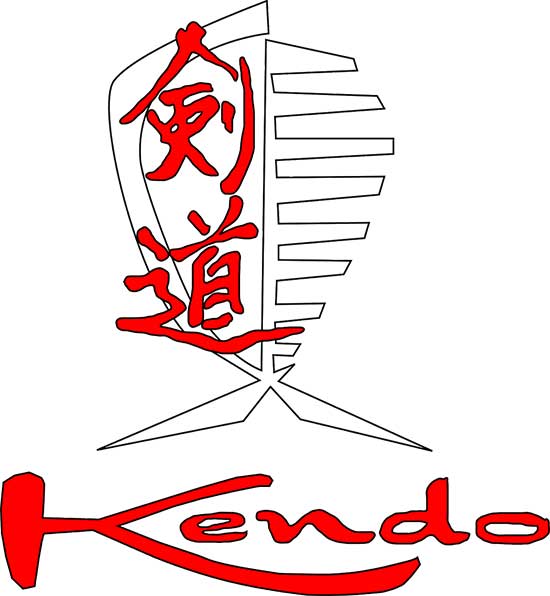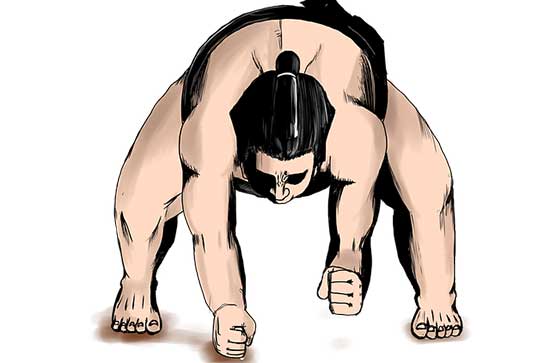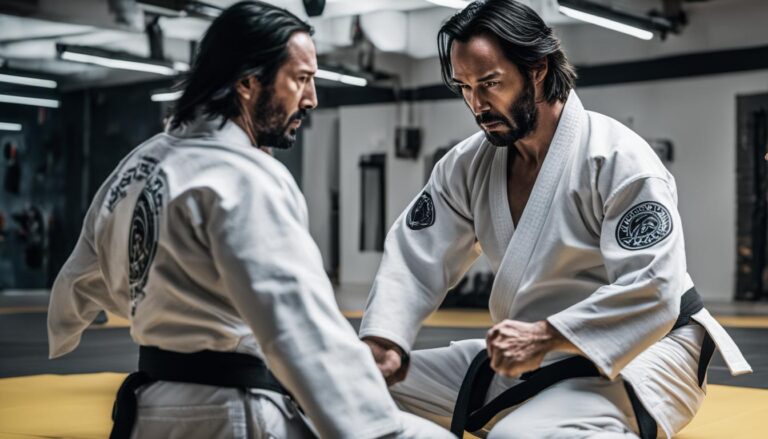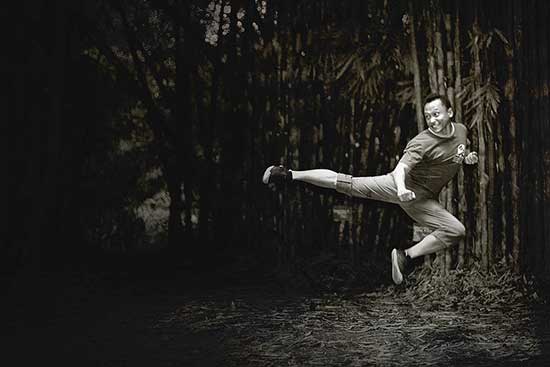Shihan and Sensei are titled in martial arts to show the mastery level and respect of the person holding the title. They are highly respected titles in the martial art community. Shihan has a higher rank than Sensei.
Shihan origin can be traced back to the feudal era in Japan, where martial arts were taught and passed down to warrior classes, also known as “samurai.” In this period, the term Shihan was used to refer to a teacher in authority in the warrior class.
In the 20th century, martial arts were taught in schools and universities hence making martial arts popular and also Shihan become more popular.
Today, Shihan has been more popularized and used by different cultures worldwide. Shihan is a title in Japanese martial arts, such as Judo and karate, to indicate a master instructor.
It is reserved for those who have attained higher levels of proficiency in martial art and have shown a deeper understanding of the teachings and principles of martial art.
In the traditional Japanese system, Shihan is the highest the student can achieve in martial arts and is a tremendous honor to be bestowed.
Sensei is a term used to mean “one who has gone before.” In traditional Japanese martial arts, Sensei refers to a teacher of discipline.
By the 20th century, Japanese schools and universities taught martial arts, leading to the popularity of martial arts and further popularizing Sensei.
Thus, Sensei was recognized worldwide by different cultures. As martial arts have grown in Japan, Sensei is a general title used in many martial arts.
Today, Sensei is used in karate, Judo, and kendo, among other martial arts. It is a more general term to imply ‘instructor’ or ‘teacher.’ It refers to anyone in teaching, whether new or has been in teaching for several years.
No hierarchical ranking or achievement in Sensei, as any teacher could qualify for the title regardless of the period in the martial art teaching.
The title is used to recognize the experience of a teacher or instructor in martial art.
Contents
Differences
- Shihan is a title for Japanese martial arts. At the same time, Sensei is a general martial community title and can be used by anyone, including the Japanese martial art styles.
- Meanings: Shihan means an expert or a master teacher. That implies that the title is only given to those with expert qualifications. On the other hand, Sensei is a general term for teacher or instructor and can refer to an expert teacher or a beginner instructor.
- Respect: The titles Shihan and Sensei are highly respected in martial arts and are used to show the difference between the person holding the title and the practitioners. However, Shihan has more weight and can be termed distinguished from Sensei.
- Category and mastery level: Shihan is a title given to those who have high mastery proficiency in their arts and have shown a deep understanding of the teachings and principles in mastery art. In contrast, the sensei title is given to anyone who knows the martial art.
- Usage: Shihan is used primarily in Japanese martial arts. On the other hand, Sensei is used in many martial arts, including Japanese ones.
| Shinan | Sensei | |
|---|---|---|
| Meaning | Master craftsman | Teacher or instructor |
| Title | Given to individuals who have reached mastery in a specific skill or trade | Given to individuals who have knowledge or experience in a specific field and are responsible for teaching or instructing others |
| Use | Refer to someone who is an expert in a specific field or trade | Refer to someone who is a teacher or instructor, regardless of their level of expertise in the subject they are teaching |
Similarities
- Both are titles used in martial arts to show mastery level and respect for the person holding the title.
- The two titles indicate a teacher or instructor in martial arts.
- Both martial arts originated in Japan.
- Shihan and Sensei acknowledge the skills and experiences of the person holding them.
- Both titles convey the information that the holder is a master in martial art.
- The two titles are used to show that the person holding the martial art has demonstrated understanding and teachings of the martial art.
- Both started gaining popularity in the 20th century after the introduction of martial arts in Japanese schools and universities.
Take Away
Shihan and Sensei are both titles used in martial arts to refer to a teacher or an instructor of martial art.
Shihan has a higher rank than Sensei and is used to mean someone who has attained a higher level of expertise and is a master or senior instructor for a particular style or school of martial arts.
The two martial arts were used before the 20th century in Japan and gained popularity in the 20th century after the introduction of martial arts in Japanese schools and universities, making the martial arts popular and eventually adopted by different cultures.
Both Shihan and Sensei are used to acknowledge the skills of the person holding the title.
